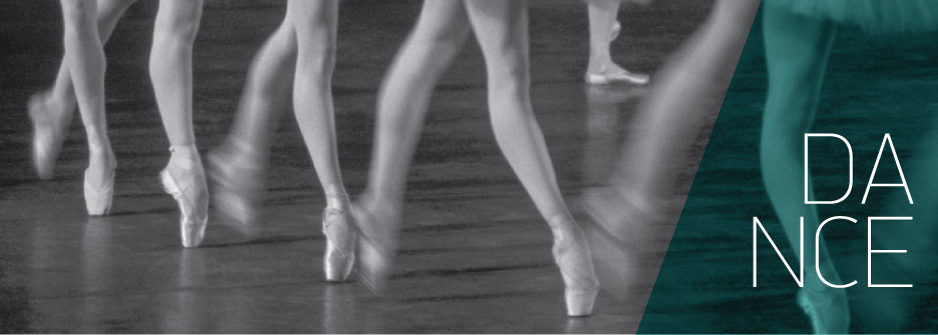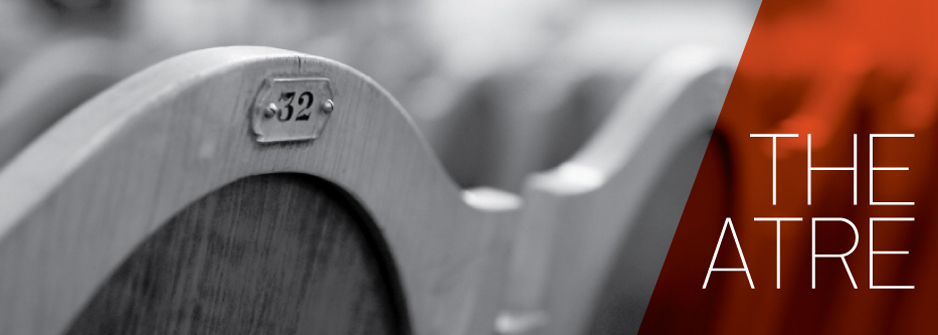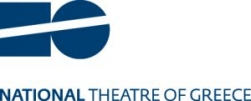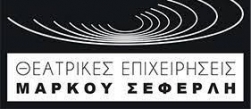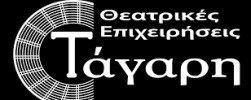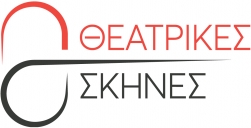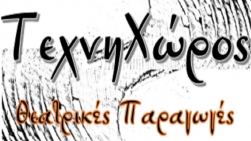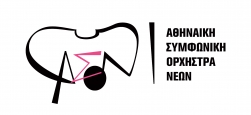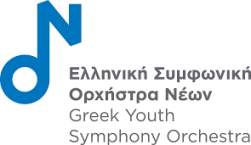SACD

From Beaumarchais to the digital era: over two centuries of experience in the collective management of copyrights.
In 1777, spurred on by Beaumarchais (1732-1799), authors began to take action. Towards the end of the 18th century, the situation for authors was extremely precarious. The all-powerful actors of the Théâtre-Français exploited authors by using their work in exchange for a pittance. Beaumarchais, who was enjoying great success with the Barber of Seville, decided to react.
On the 3rd July 1777, a group of twenty-two authors got together to form the first “Society for dramatic legislation” and laid down the basis for the “Society of Dramatic Authors and Composers”. Their aim was to object to the monopolistic and abusive practices of Comédie Française against their interests, which (practices) included:
a) The demand of being granted the right of first denial option, whenever the drama works were written in poetry form
b) Very law remunerations which couldn’t be revised, even when the approved works had great successful (as in the case of Il barbiere di Siviglia).
In January 1791, the first law on authors’ rights was passed. The French National Assembly officially recognised the concept of authors’ rights (droits d’ auteur) in a law which was ratified by Louis XVI.
In March 1829, the “Society of Dramatic Authors and Composers” (SACD) was created and has thereafter, constituted the French Organisation for the collective management of authors and composers of drama works’ rights.
In 1957, the French law regarding literary and artistic property introduced new legislation for authors’ rights and consolidated case law going back to 1791. It recognised the primacy of moral rights and determined, using existing case law as a basis, the substance of authors’ rights, conditions of exploitation of authors’ economic rights, terms and conditions of performance and publishing contracts and application procedures.
In 1985, the Lang Law (named after its promulgator, the French Culture Minister, Jack Lang) developed the terms and conditions regarding authors’ rights for audiovisual works by applying the regime for cinematographic works. This law also defined the legal regulations for audiovisual production contracts and instituted remuneration for private copying. 25% of the sums thus collected are allocated to the numerous cultural events held throughout France.
On January 2004, a number of professional organisations from cultural circles, including SACD, changed the name of the Cultural Watchdog Committee which they had created in 1997. From then on, the “French Coalition for Cultural Diversity”, aligned the French terminology with other similar bodies for promoting cultural diversity throughout the world.
Since 2008: SACD has been actively involved in a number of current issues:
• Reform of the French public broadcasting system
• Implementation of the television broadcasters’ obligations to invest in patrimonial works
• Creation of an observation unit for the performing arts
• Reform of the public policies for the performing arts
• Setting up of a Supervisory Authority for the dissemination of audiovisual works and protection of rights on the Internet, to make sure that online works are legally used
• Development of legal content online. SACD remains also active and watchful on all the electronic media, to foster the creation of works and ensure the protection of authors’ rights.
It is therefore evident that since Beaumarchais’ initiative and the foundation of the Organisation in 1829 until today, i.e. for over two centuries, SACD serves the collective management of authors’ rights. SACD’s principal mission is the administration, promotion and protection of the performing rights of its members, licensing performances, collecting and contributing the due fees, in the following fields:
All the audiovisual works in cinemas (short / medium length movies), TV (TV films and series), cartoons, radiophonic works, interactive works and performing arts (drama, opera, musical, music drama, live stage performances, choreography, direction, circus, street performances, pantomime, puppet theatre.
SACD currently represents more that 44,000 members, whose repertoire reaches the 500,000 works in total and has concluded agreements with Organisations and Agencies all over the world, aiming at the collection of licence fees for live shows and audiovisual productions.
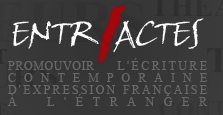
What is Entr'Actes?
Hosted by the SACD (French Society of Dramatic Authors and Composers), Entr'Actes is a bilingual (French-English) website designed to promote the works of living French-language playwrights.
The plays chosen by the Entr'Actes reading committee and promoted abroad by the SACD represent a wide spectrum of playwriting trends.
To better achieve its goals, Entr'Actes has developed new visuals and rubrics, an electronic version of Actes du Théâtre with more frequent issues reflecting our playwrights’ current activities in France and abroad, and a crucial online Translation Database.
There is also a new rubric entitled News from Abroad featuring information about SACD promotion and international cultural activities.



